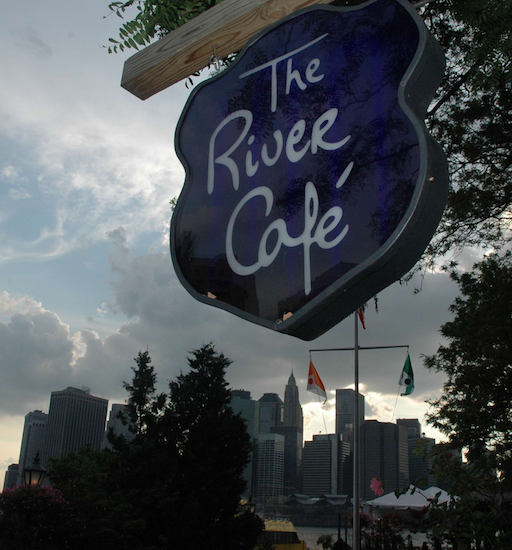Buzz O’Keeffe Fights Back: Passionate perfectionist
Late June Re-Opening Set For River Cafe

Screen Shot 2013-06-05 at 10.39.57 AM.png
As the day approaches when Brooklyn’s famed River Café reopens, sometime in late June, the saga of its rebirth is a testament to the man many call a “waterfront wizard” for the transformational role his restaurant has played in Brooklyn.
On the night Hurricane Sandy created storm surges that destroyed or shut down parts of New York.
City, the frantic movements of Michael (Buzz) O’Keeffe would have made film footage fit for a disaster thriller. As founder of world-class restaurants River Café and the Water Club, he felt like a parent watching two children about to drown.

Brooklyn Heights
View MoreRead the Brooklyn Height's Press and Cobble Hill News. Find out more about Brooklyn Height's History here.